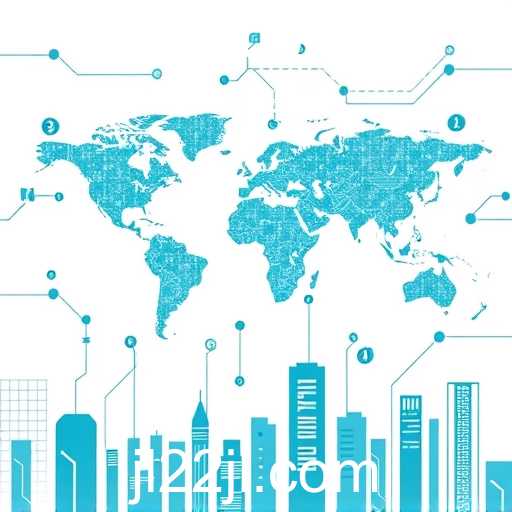Analysis of how emerging technologies are shaping the global economy and the implications for businesses and society.
In recent years, emerging technologies have significantly influenced the global economy, transforming industries and ushering in new business models. As we navigate through 2025, the confluence of artificial intelligence, blockchain, and the Internet of Things has paved the way for a digital revolution that is reshaping economic dynamics worldwide.
Artificial intelligence (AI) continues to revolutionize sectors such as healthcare, finance, and logistics, offering unprecedented efficiency and accuracy. AI-driven solutions have enabled companies to harness data more effectively, allowing for better decision-making and predictive analytics. The use of AI in automating processes has not only reduced operational costs but has also allowed businesses to offer more personalized services to their customers.
Blockchain technology has emerged as a significant disruptor in the financial sector, particularly with the rise of cryptocurrencies and decentralized finance (DeFi) platforms. These innovations promise more secure and transparent transactions, reducing the reliance on traditional banking systems and offering more accessible financial services to the underbanked populations.
The Internet of Things (IoT) is connecting devices and systems in unprecedented ways, enhancing real-time data exchange and fostering smarter environments. From smart cities to connected healthcare devices, IoT is playing a vital role in optimizing processes and improving quality of life. This interconnectedness, however, raises concerns about data privacy and security, necessitating more robust regulatory frameworks.
Amidst these technological advancements, sustainability remains a crucial challenge and opportunity. Companies are increasingly leveraging technology to reduce carbon footprints and embrace sustainable practices. Technologies like AI and IoT are crucial in monitoring and managing energy consumption, driving the shift toward a more sustainable economy.
The implications of these technological shifts extend beyond business and economic structures to societal impacts. Job markets are continuously evolving, with new roles being created while others become obsolete. The need for workforce reskilling and upskilling is more pressing than ever. As technology becomes a pivotal element of economic strategy, collaboration between governments, businesses, and educational institutions is essential to navigate these changes successfully.
As we progress, the integration of these emerging technologies into the global economy presents both opportunities and challenges. The future will depend on how quickly societies adapt to these changes and how they leverage technology to foster inclusive and sustainable growth.




